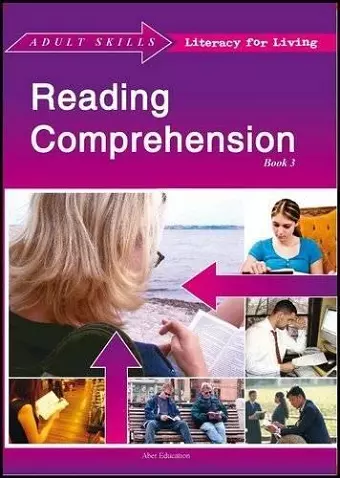Reading Comprehension
Dr Nancy Mills author Dr Graham Lawler editor
Format:Paperback
Publisher:GLMP Ltd
Published:30th Sep '08
Currently unavailable, our supplier has not provided us a restock date

Who is this resource for? This set of 30 short stories is designed to provide reading and comprehension material that is appropriate for adults who have literacy skills that do not allow them to be and/or feel successful in their everyday lives. A number of reasons account for the large number of adults in this category. Failure in school, a broken family, illness, negative life experiences, emigration, second language English and many other causes may have contributed to their situation. Most of these adults are aware of their needs. They also often lack confidence in their reading ability and wish to improve and further develop their literacy skills.This is hard to achieve by oneself, so many adults look for support. Seeking help is a huge step. Adults who seek help may have different motivations, including getting a job or moving up the job ladder. Or it may mean gaining independence in commonplace tasks such as sitting a driving exam, writing a grocery list, reading the newspaper or doing personal banking.A significant result of their efforts in literacy programs, in addition to increasing their reading skills, is the improvement of their self-image. They will be able to feel the effects in every part of their lives. How is the resource organized? The stories have been placed according to a continuum that gets gradually more difficult. The stories contain simple, repetitious words in sentences that are at first short but then increase in length through the resource. Each story is accompanied with a photo or graphic, and five comprehension questions.This resource is produced in the form of black line master worksheets. Ideas for using photocopiable worksheets are suggested at the end of this introduction. How is comprehension tested? The purpose of reading is for readers to gain information from the written word. It is possible to 'say' a word accurately but get no meaning or only a limited meaning from it. Therefore, checking the readers' understanding or comprehension of the text they have read is very important. Start by asking your students what the purpose of reading is. Many will answer with phrases such as 'learning to spell', or 'saying the words'. If necessary explain to them that the whole point of reading is to take the...
ISBN: 9781842851012
Dimensions: unknown
Weight: unknown